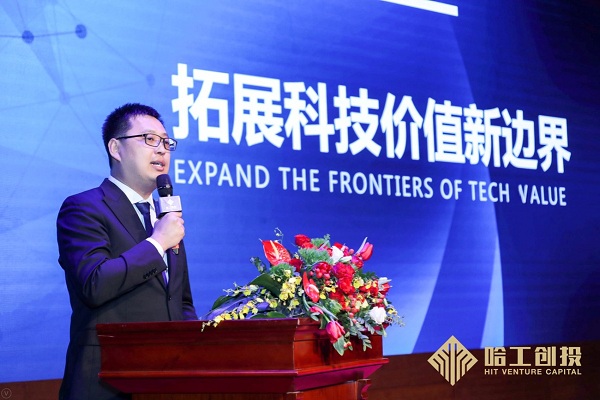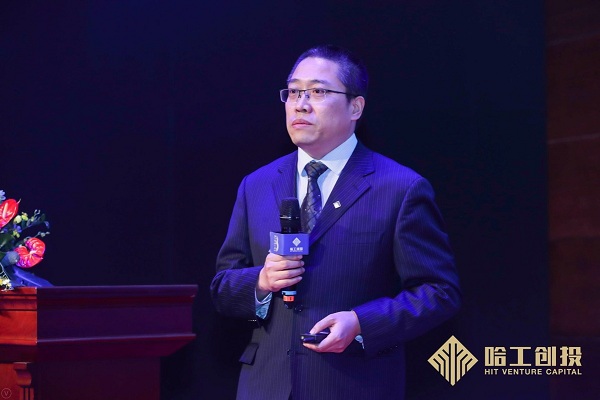Market of commercial space industry to cross 1t yuan mark


Du Dan, president of HIT Venture Capital, speaks at the firm's third anniversary held in Beijing, Jan 11, 2018. [Photo provided to chinadaily.com.cn]
The market size of commercial space industry will break through the 1 trillion yuan mark by 2023, with the commercial rockets' market size surpassing 10 billion yuan, HIT Venture Capital's senior investment manager Feng Xu said at the firm's third anniversary held in Beijing on Friday.
China's commercial space industry has made remarkable progress in recent years.
Last year, three Chinese private aerospace companies iSpace, OneSpcae, Landspace successfully launched their rockets in April, May and December, respectively, as well as the first satellite of the Hongyan constellation, and the first satellite of the Hongyun project, which are China's low-orbit broadband communications satellite constellations, also successfully launched in February and December.
In 2018, 19 Chinese commercial space firms in total raised more than 2.3 billion yuan from investors, with 9 satellite launching firms raising over 1.7 billion yuan, a 10 percent rise year-on-year; 8 satellite constellations running firms raised over 400 million yuan, surging 200 percent year-on-year, and 3 satellite producers raised over 200 million yuan, a 100 percent increase year-on-year, Feng said.

Feng Xu, HIT Venture Capital's senior investment manager, speaks at the firm's third anniversary held in Beijing, Jan 11, 2018. [Photo provided to chinadaily.com.cn]
As an investment management firm under HIT Robot Group, HIT Venture Capital focuses on investing in robot, commercial space, new energy, and new material.
HIT Robot Group, China's major robot manufacturer, was co-founded by the Heilongjiang provincial government, Harbin city government and the Harbin Institute of Technology, or HIT.
From 2018, HIT Venture Capital started to help scientific research achievements in Harbin Institute of Technology to commercialize, president of HIT Venture Capital Du Dan said at the ceremony.
By the end of 2018, the venture capital has fostered more than 80 firms since it founded in 2015, and it wants to help more core technologies to realize commercialization in the future, Du said.
MOST POPULAR
Editors' Picks
 Infographic:
China's development in culture, tourism industries
Infographic:
China's development in culture, tourism industries
 Infographic:
China's major developments in 2024
Infographic:
China's major developments in 2024
 Infographic:
Highlights of China's 5th national economic census
Infographic:
Highlights of China's 5th national economic census




